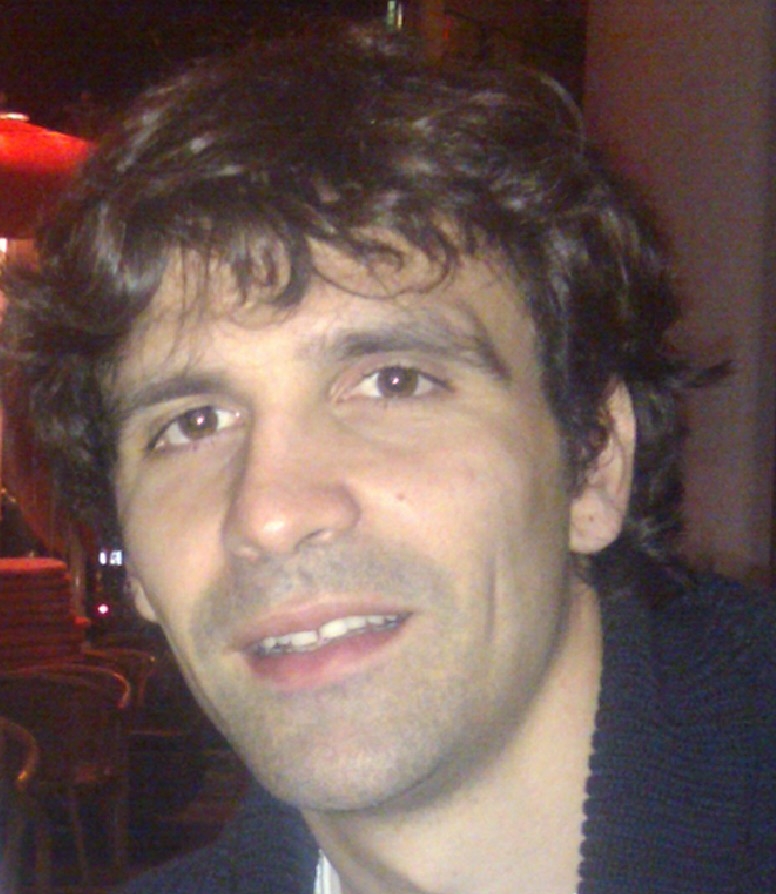
|
|
|
TA-AFADM13 Transcriptome Assembly, Automatic Functional Annotation and Data Mining |
|
IMPORTANT DATES for TA-AFADM13
|
Instructors: |

Ana Conesa is a Group Leader at the Institute of Computational Genomics at the Centro de Investigacióón Príncipe Felipe (CIPF) in Valencia. She has a degree in Engineering (Polytechnical University of Valencia, 1993) and a PhD in Molecular Microbiology from the Leiden University in The Netherlands (2001). Her scientific career was initiated in The Netherlands where she worked in different projects in relation to molecular pathology, genome architecture and genetic engineering. In 2003 she was awarded with a Ramón y Cajal fellowship to join the Spanish research community as Bioinformatician at the Valencia Institute for Agricultural Research. In 2007 she joined the CIPF where she became Group Leader in 2010. From 2012 Dr. Conesa is Director for International Alliances at the CIPF and is co-funder of two spin-off companies in bioinformatics. Dr. Conesa is head of the Genomics of Gene Expression lab. Her research interest is the development of biostatistical and bioinformatics approaches for the understanding of the genome-wide functional aspects of gene expression. She has been principal investigator in numerous national, regional and EU research projects and has published over 50 peer-reviewed papers and three book chapters. Dr. Conesa is member of Spanish Bioinformatics Network, the International Society for Computational Biology and Spanish Biotechnology Association. She is Management Committee member of the EU COST Action SeqAhead and coordinator of the FP7 EU project STATegra on the development of statistical methods for the integration of omics data. activity is in the Field of Functional |
| Affiliation Centro de Investigacion Principe Felipe, Valencia, ES |

Fernando García-Alcalde after finishing his Computer Science studies in 2005, he started his PhD studies in Bioinformatics in the area of transcription regulation. He obtained his PhD in from the University of Granada (Spain) in 2010. After his PhD he moved to Valencia (Spain) to work as a Post-Doc in the Genomics of Gene Expression Lab headed by Ana Conesa at the Bioinformatics department of the Centro de Investigacióón Príncipe Felipe (CIPF). He conducted research on Next Generation Sequencing data analysis with a specialization in RNA-Seq. Currently he works at the Max Planck Institute for Infection Biology in Berlin (Germany) where he is involved in the study of the epigenetic changes occured in the host upon bacterial infection and their implications in cancer development. |
| Affiliation: Max Planck Institute for Infection Biology, Berlin, DE |
Course description:This is a combined course in RNA-seq and functional annotation aimed at scientists working in next generation sequencing transcriptomics who want to extract the best possible information from their data. The first part of the course is a practical tutorial on Blast2GO, the most popular framework for functional annotation of sequences. Participants will also learn how to generate de novo functional labels, such as GO terms and KEGG pathways, for their sequence data and how to extract relevant information from these annotations, i.e. visualization and enrichment analysis using the Gene Ontology. The second part of the course covers many relevant aspects of RNA-seq analysis, form quality control, to mapping, reconstruction of transcripts and differential expression. Participants will learn how to deal with RNAseq data both in the presence and absence of a reference genome.
At the end of the course, participants can expect to have acquired skills to use multiple software tools to analise RNA-seq data and use Blast2GO.
The course will be based on the use of Blast2GO application and will mainly comprise exercises and practical cases. Participants may bring their own data. Who should attend? Experimentalists and bioinformaticians working on EST, NextGeneration Sequencing and microarray design projects, specially (but not exclusively) of non-model species. No programming knowledge is required.
|
|
Course Pre-requisites: basic knowledge in Molecular Biology and Statistics. |
|
Detailed Program / Timetable |
|
Instituto Gulbenkian de Ciência, Apartado 14, 2781-901 Oeiras, Portugal Last updated: April 2nd 2013 |